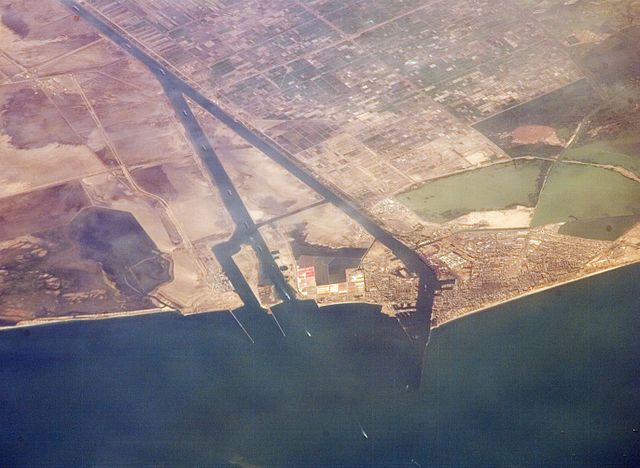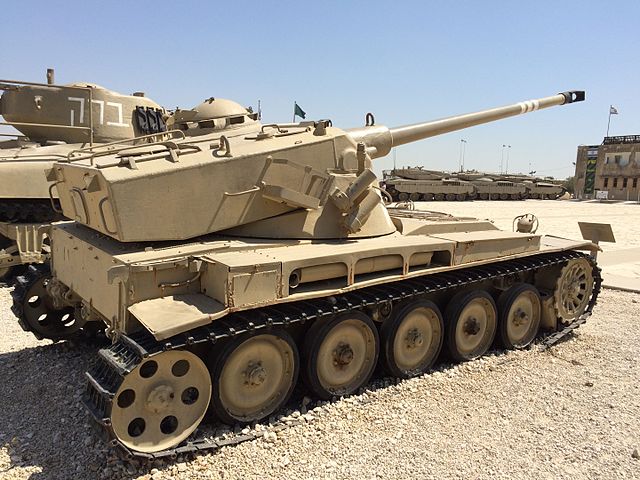The Suez Crisis or the Second Arab–Israeli War, also referred to as the Tripartite Aggression in the Arab world and as the Sinai War in Israel, was a British–French–Israeli invasion of Egypt in 1956. Israel invaded on 29 October, having done so with the primary objective of re-opening the Straits of Tiran and the Gulf of Aqaba as the recent tightening of the eight-year-long Egyptian blockade further prevented Israeli passage. After issuing a joint ultimatum for a ceasefire, the United Kingdom and France joined the Israelis on 5 November, seeking to depose Egyptian president Gamal Abdel Nasser and regain control of the Suez Canal, which Nasser had earlier nationalised by transferring administrative control from the foreign-owned Suez Canal Company to Egypt's new government-owned Suez Canal Authority. Shortly after the invasion began, the three countries came under heavy political pressure from both the United States and the Soviet Union, as well as from the United Nations, eventually prompting their withdrawal from Egypt. Israel's four-month-long occupation of the Egyptian-occupied Gaza Strip and Egypt's Sinai Peninsula enabled it to attain freedom of navigation through the Straits of Tiran, but the Suez Canal itself was closed from October 1956 to March 1957. The Suez Crisis led to international humiliation for the British and the French in the wake of the Cold War, which established the Americans and the Soviets as the world's superpowers. It also strengthened Nasser's standing.

Damaged Egyptian military vehicles in the Sinai Peninsula
Port Said, at the entrance to the Suez Canal from the Mediterranean.
Australian Prime Minister Robert Menzies led an international committee in negotiations with Nasser in September 1956, which sought to achieve international management of the Suez Canal. The mission was a failure.
An Israeli AMX-13, shown here from the rear and side
History of Egypt under Gamal Abdel Nasser
The history of Egypt under Gamal Abdel Nasser covers the period of Egyptian history from the Egyptian Revolution of 1952, of which Gamal Abdel Nasser was one of the two principal leaders, spanning Nasser's presidency of Egypt from 1956 to his death in 1970. Nasser's tenure as Egypt's leader heralded a new period of modernisation and socialist reform in Egypt, along with a staunch advocacy of pan-Arab nationalism, and developing world solidarity. His prestige in Egypt and throughout the Arab World soared in the wake of his nationalisation of the Suez Canal Company in 1956, and Egypt's political victory in the subsequent Suez Crisis, but was damaged badly by Israel's victory in the Six-Day War.
Gamal Abdel Nasser in 1966
Nasser handing documents to an Egyptian fellah in a land distribution ceremony in Minya, 1954
Nasser addressing the United Nations General Assembly, 1960
Nasser returns to cheering crowds in Cairo after announcing the nationalization of the Suez Canal Company








